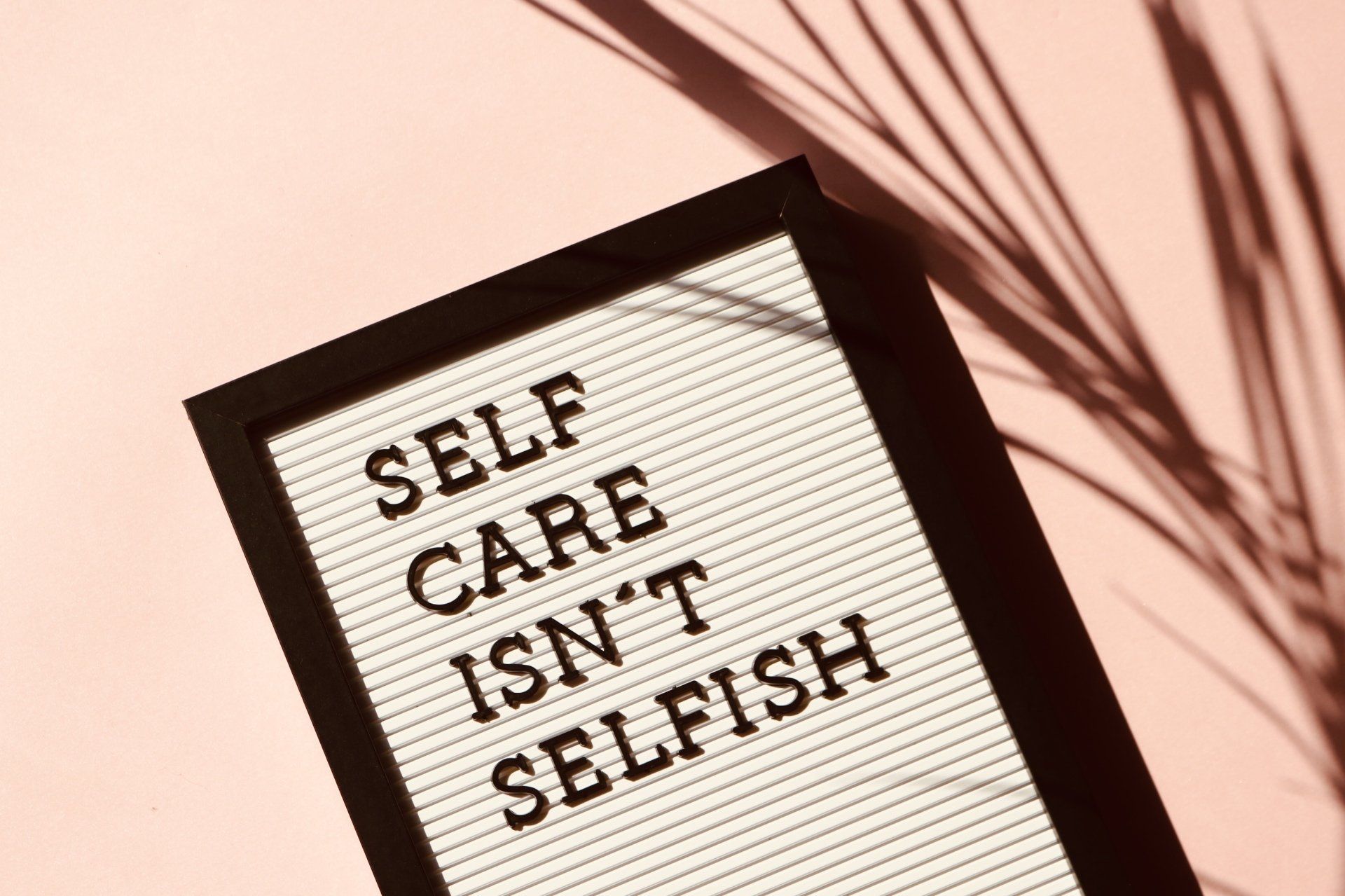New to Therapy?
What to know if you are new to therapy!

New to Therapy? Not a Problem
What does "being ready" for or "needing" therapy even mean? Clinicians hear people talk about this concept all the time, and often, what we see is that people trend toward avoiding seeking counsel until they feel like they really need it, until they are in crisis. This is often because being vulnerable is scary... that is what makes it such a courageous thing to do. But this is your permission slip to start earlier, before another crisis or tragedy. You do not have to wait until you feel like you are falling apart to justify coming. Therapy before these moments can be preventative care!
Now, unconsciously, we do have to ramp up to facing ourselves. There are stages of readiness for change:
1) Precontemplation- There is not a big intention to change and the depth of the issue is not quite conscious yet.
2) Contemplation- The person is aware of the issues but does not feel completely confident in being able to make changes.
3) Preparation- The person intends to take some action, make some changes and is taking the steps to do so.
4) Action- The person has engaged in work and made some changes for a short period of time.
5) Maintenance- The person has maintained changes and is working to prevent from returning to old patterns.
This is more of a cycle, all of us move back and forth in these stages as we are healing. This can also help us identify barriers to change.
The secret here is that people start therapy at ALL stages. People have come to therapy in Precontemplation, feeling "off" but attached to their behaviors, unsure of what is wrong, showing up weekly to session but resistant to being completely open or following through outside of the safety of the therapy container. But eventually, they start to identify things they want to be different, situations in life that have hurt them and what feelings stand in their way. Then they take some action and we move through the entire cycle many times.
You can come to therapy at any time, you are always welcome in the doors. You can come with goals or you can come open to the experience, or even just a little curious if not completely open. Your therapy, your pace. It is all ok!
Once you are in the space of starting therapy, there are a few things to know. Therapists are people too, they are here to help but they are not mind readers despite being perceptive folks. You are allowed to ask for what you need. Need a "tough love" therapist? Tell them! Need a break during session? Tell them! In healthcare, there is a power dynamic we all tend to fall into and so we do not always ask our healthcare providers for what we need or wait until we find the right provider for us. You are in power!
How to find the right provider: Finding the right fit for you can take time. Allow yourself time to identify how you are best communicated with. Personally, I requested a "no bullshit" therapist that would call me out when necessary. I had too many experiences of being placated or therapists not challenging me when I needed it because I could talk a good talk. Now, I have a therapist who calls things out, who pauses and explores, who rewinds, who can completely tell when I'm full of it and is also compassionate, encouraging and healing.
While you are searching, really trust your gut with how you respond to profiles and take advantage of the consultation calls! Hear their voice and connect with them.
If you do start with someone, typically give it at least three sessions, allow relationship and rapport to build.
But therapy is expensive! Insurance vs OOP: Therapy cost money! That is an unfortunate reality of the systems we are in. And since it is an expense, we often put ourselves on the back burner because "we will survive". But you are worth it, you are worth prioritizing, and it is preventative care that could save money in the long run! With that said, let's get practical. Two ways to access treatment are through insurance or out of pocket. If you have insurance, every plan is different, but there is mental health coverage. You'll potentially have a deductible to meet (a certain amount of money you have to spend first) or you have an immediate co-pay. Lots of options in the middle! Check your plan and then utilize tools like Zoc Doc to find clinicians that accept your insurance. Therapy offices will confirm and offer you estimates for all costs.
Out of pocket: Therapists have an out of pocket fee- this typically matches the full fee paid from insurances. Access with out of pocket is simple (in terms of not needing to deal with any third party). Many clinicians offer a sliding scale fee, this is the range they can afford to offer so that treatment is accessible. If you are financially privileged and can afford the full out of pocket fee, be honest, that full fee is often how the sliding scale and lower fees are sustainable to offer to other clients in need. No shame in needing the lower fee! Truly, talk with your provider about what you can make happen and how often. If you have insurance but the clinician you would like to see is out of network, check your benefits to see if you can still see them and talk with your provider about super-billing. Upfront, you will pay they full fee and then submit the claim to insurance who will refund part of the fee; it may be less coverage than your co-pay but could still be very sustainable and worth it if you found someone you really connect with.
EAP: Employee Assistance Program- some employers utilize EAP programs to provide mental health care for their employees. Check with what provider your company purchased this care and then use it! This therapy is already paid for! They bought you sessions. It is typical for a package to range from 3 sessions to 8 sessions. After that, you can continue with your therapist at their fee until your EAP renews.
Lionheart, specifically, offers therapy packages! These are discounted sessions (lower than sliding scale) purchased upfront and scheduled out. You can get 4 sessions or 8 sessions. Save money, save time.
The work outside of session: Eventually, you will start to take the work, reflections, explorations and challenges that happen in the therapy office into your daily life. How powerful the experience of therapy can be depends on your willingness to move it into your life. Try the new communication tactic, use the breathing technique, allow yourself to feel the full feeling, ask for what you need; this all allows new experiences to happen that help our healing and growth. The more you understand yourself, the more you will know how to show up for yourself in the here and now. You'll create a feedback loop of change!
So... if you're new to this idea, no problem! We can guide you through. If it is scary... then you probably care and that is a great sign.




